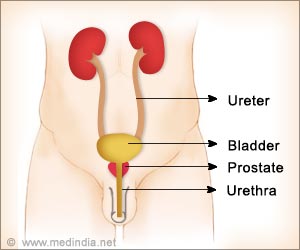The hormones testosterone and cortisol may spur traders to undertake more risks, thereby hiking the risk of destabilization of financial markets.

Lead author Dr. Ed Roberts from department of medicine at Imperial College London said, "Our aim is to understand more about what these hormones do. Then we can look at the environment in which traders work, and think about whether it is too stressful or too competitive. These factors could be affecting traders' hormones and having an impact on their decision-making."
Researchers simulated the trading floor in the laboratory by having volunteers buy and sell assets among themselves. They measured the volunteers' natural hormone levels in an experiment and artificially raised them in another one. When given doses of either hormone, the study volunteers invested more in risky assets.
Co-lead author Carlos Cueva from department of economics at the University of Alicante said, "Our view is that hormonal changes can help us understand traders' behavior, particularly during periods of financial instability."
The study findings suggest that cortisol and testosterone promote risky investment behavior in the short run, and these findings should be considered by policymakers looking to develop more stable financial institutions.
The study is published in the Scientific Reports.
 MEDINDIA
MEDINDIA




 Email
Email










